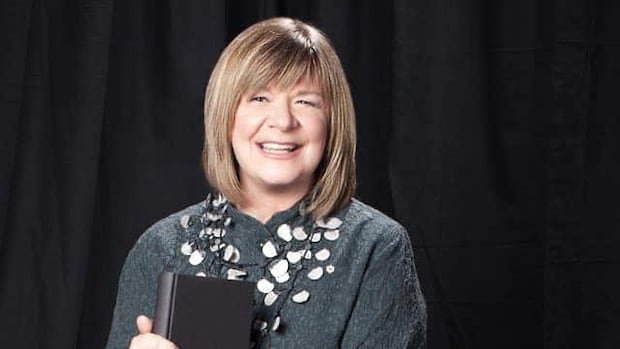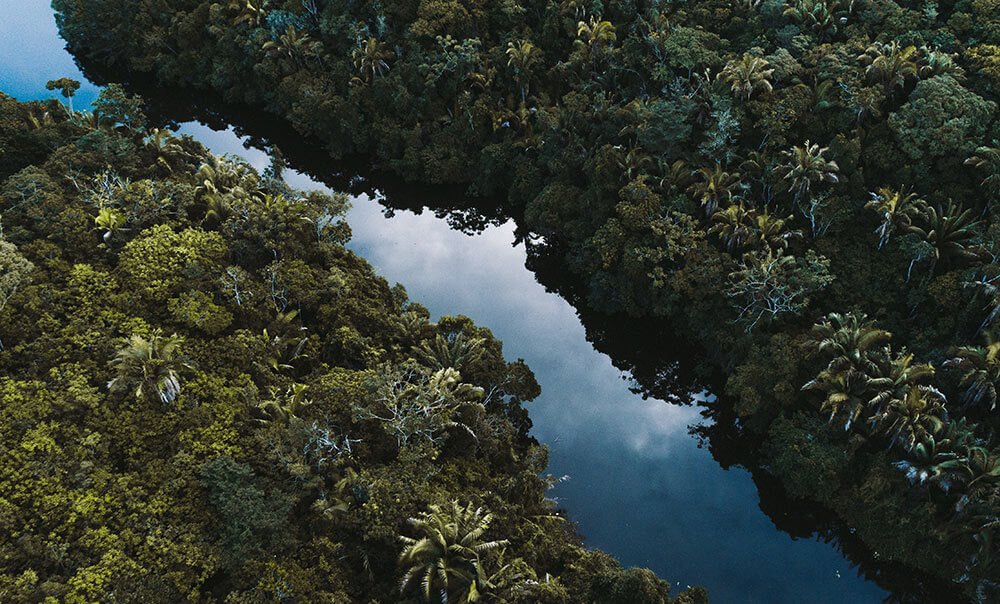Ducks by Cape Breton cartoonist Kate Beaton has won the 2024 Jan Michalski Prize for Literature.
The Swiss-based prize rewards works of all literary genres regardless of the language they’re written in.
Beaton will receive 50,000 Swiss francs (approx. $79,000 Cdn) from the Jan Michalski foundation and a work of art by the draftsman Micaël.
The jury was comprised of publisher Vera Michalski-Hoffmann, novelist and biographer Jonathan Coe, author Kapka Kassabova, writer and journalist Andrea Marcolongo, novelist, visual artist and director Valérie Mréjen, writer and professor of epistemology Gonçalo M. Tavares, and novelist, poet and screenwriter Sjón.
The jury called Ducks “a profoundly moving masterpiece thanks to the courage it embodies” in a press statement.
“Featuring clean lines and dialogue imbued with great narrative force, this visual autobiography is able to embrace the most sensitive and painful questions of our time — hypercapitalism, the environment, impoverishment, sexism and sexual harassment.”
“[Ducks is] a piercing and daring graphic memoir that sheds light on the hidden side of working conditions in the oil industry through the eyes of a young woman.”

Ducks became the first graphic memoir to win Canada Reads in 2023 when it was championed by Jeopardy! star Mattea Roach, who is now the host of CBC’s new author interview show, Bookends.
Beaton launched her career by publishing the historical webcomic strip Hark! A Vagrant which won both the Doug Wright Awards best book prize in 2012. She then published Ducks, which won the 2023 Doug Wright Award for best book and two Eisner Awards, the Harvey Award, the Ignatz Award and two Ringo Awards.
In Ducks, Beaton leaves her tight-knit seaside Nova Scotia community to pay off her student debt working in the Albertan oil sands where she encounters harsh realities, including the everyday trauma that no one discusses.
While the graphic memoir describes an intimate period of Beaton’s life, she still intended for Ducks to also reflect the story of her wider Cape Breton community and the harsh working conditions in places like Fort McMurray.
The Jan Michalski Prize for Literature has been awarded annually since 2010 by The Jan Michalski Foundation. The foundation was created in 2004 by Vera Michalski-Hoffmann in her husband’s memory.



